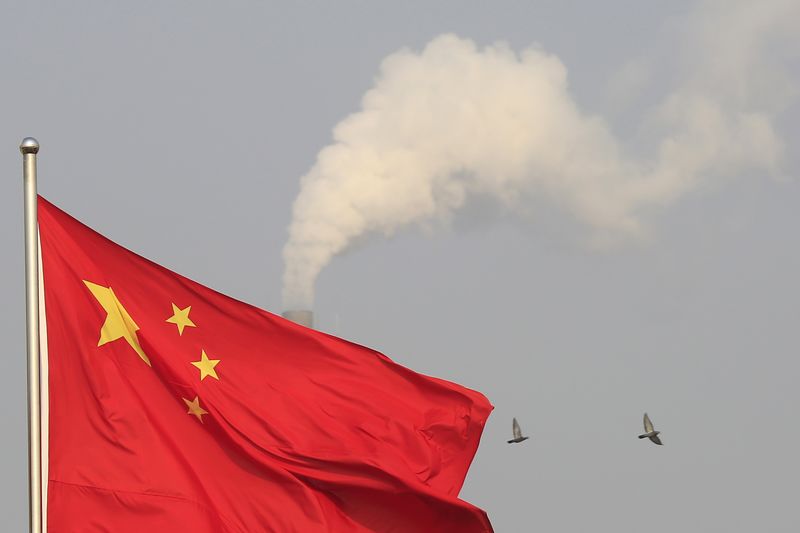(Bloomberg) -- The pension system providing the widest coverage to China’s retirees may burn through its savings by 2035 as the world’s largest population ages, according to forecasts by a leading government think tank.
Cumulative savings in the basic pension fund that covers urban employees will peak at about 7 trillion yuan ($1.04 trillion) in 2027 before dropping sharply, the state-run Chinese Academy of Social Sciences said in a report. Excluding fiscal subsidies, net outflows would have begun this year instead of 2028, according to the report.
The basic pension fund covered 403 million people as of the end of 2017, including 293 million working contributors and 110 million retirees, according to the latest annual report from the Ministry of Human Resources and Social Security.
The forecasts highlight the longer-term challenges facing Chinese leaders in providing a comfortable retirement for workers while tackling short-term headaches including slowing growth and hidden local government debts. While the projected scenario doesn’t necessarily suggest a payment crisis, it adds pressure on developing other components of the pension system that includes corporate annuities, the national pension fund and commercial pensions.
“The basic pension insurance system faces the challenges of financial unsustainability for the medium-to-long term,” the report says. The problem will become “more prominent” as the government seeks to lower companies’ pension-contribution burden amid slower economic growth.
The basic pension fund’s payment pressure will keep rising from this year, with the average working contributor’s burden more than doubling to almost the entire payments of one retiree by 2050, according to the report.
The basic fund for urban employees received about 3.7 trillion yuan in 2018, exceeding the 3.2 trillion yuan in expenditures, according to the human resources ministry. While the government’s move this year to cut businesses’ pension contributions would add pressure on the fund’s finances, it can still maintain an annual surplus for “a period of time” to come, the ministry said in statement on its website this month.
(Adds fund inflows, outflows in final paragraph.)
To contact Bloomberg News staff for this story: Zhang Dingmin in Beijing at dzhang14@bloomberg.net
To contact the editors responsible for this story: Katrina Nicholas at knicholas2@bloomberg.net, Peter Vercoe, Paul Panckhurst
©2019 Bloomberg L.P.
